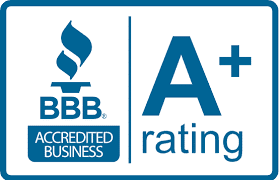Green Upgrades: When to Replace Boilers with Heat Pumps
Table of Contents
For many homeowners in Vancouver — especially seniors looking for comfort, safety, and lower energy bills — heating systems are a crucial part of daily life. While traditional boilers have served countless households for decades, modern heat pumps are quickly becoming the go-to solution for energy efficiency and environmental responsibility. The question many people ask is: When to Replace Boilers with Heat Pumps?
At BCRC Heating and Cooling, we’ve helped hundreds of households make the switch. This comprehensive guide will walk you through the signs, benefits, and best timing for replacing your old boiler with a heat pump, so you can enjoy a warmer, greener, and more cost-effective home.
Understanding the Difference: Boilers vs. Heat Pumps
Before we explore When to Replace Boilers with Heat Pumps, it’s important to understand how each system works. Check our heat pump installation service in vancouver.
Boilers heat water and distribute it through radiators or underfloor systems. They run on natural gas, oil, or electricity.
Heat pumps, on the other hand, move heat rather than generating it. They extract warmth from the air or ground and transfer it indoors during winter, and can reverse the process for cooling in summer.
The key advantage? Heat pumps can be 300% more efficient than boilers, meaning they produce three units of heat for every unit of electricity used.
Why Vancouver Homeowners Are Switching
Vancouver’s mild winters and growing climate-conscious community make it an ideal place to consider When to Replace Boilers with Heat Pumps. Many homeowners, especially seniors, value:
Lower utility bills through higher efficiency.
Environmental benefits by reducing carbon emissions.
Year-round comfort, with one system handling heating and cooling.
Safer operation, since heat pumps don’t burn fossil fuels.
Signs It’s Time to Replace Your Boiler
Recognizing When to Replace Boilers with Heat Pumps begins with evaluating the condition and performance of your current heating system. While some boilers can last decades with proper maintenance, even the best units eventually lose efficiency and reliability.
Here are the most common signs that it’s time to consider replacement:
Your boiler is over 15 years old
Older boilers often operate at efficiency levels far below modern standards. Even if it’s still functional, you may be spending far more on heating than necessary.Frequent repairs
If you’re calling a technician multiple times a year, repair costs can quickly outweigh the benefits of keeping the boiler running. Heat pumps, by contrast, tend to require less maintenance.Uneven heating
Hot and cold spots in your home suggest your system is no longer distributing heat effectively. A properly sized heat pump provides even warmth throughout your home.Rising energy bills
If your heating costs are increasing despite stable energy rates, your boiler’s declining efficiency is likely to blame.Lack of safety features
Older boilers may not have modern safety systems to protect against carbon monoxide leaks or overheating — an important consideration for households with seniors or children.
Environmental Considerations
One of the strongest motivations for knowing When to Replace Boilers with Heat Pumps is the environmental impact. Traditional boilers burn fossil fuels such as natural gas, propane, or oil, releasing carbon dioxide into the atmosphere.
By switching to a heat pump, you can dramatically reduce your household’s carbon footprint. In British Columbia, most electricity comes from hydroelectric sources, making heat pumps a clean and renewable alternative.
Why this matters:
Reduced greenhouse gas emissions – Lower reliance on fossil fuels directly cuts your home’s carbon output.
Support for BC’s climate goals – The province has committed to significant emission reductions, and heat pump adoption is a key part of that plan.
Better air quality – Eliminating combustion-based heating helps reduce indoor pollutants and contributes to cleaner outdoor air.
For families who value sustainability, understanding When to Replace Boilers with Heat Pumps is about more than just saving money — it’s about investing in a healthier future.
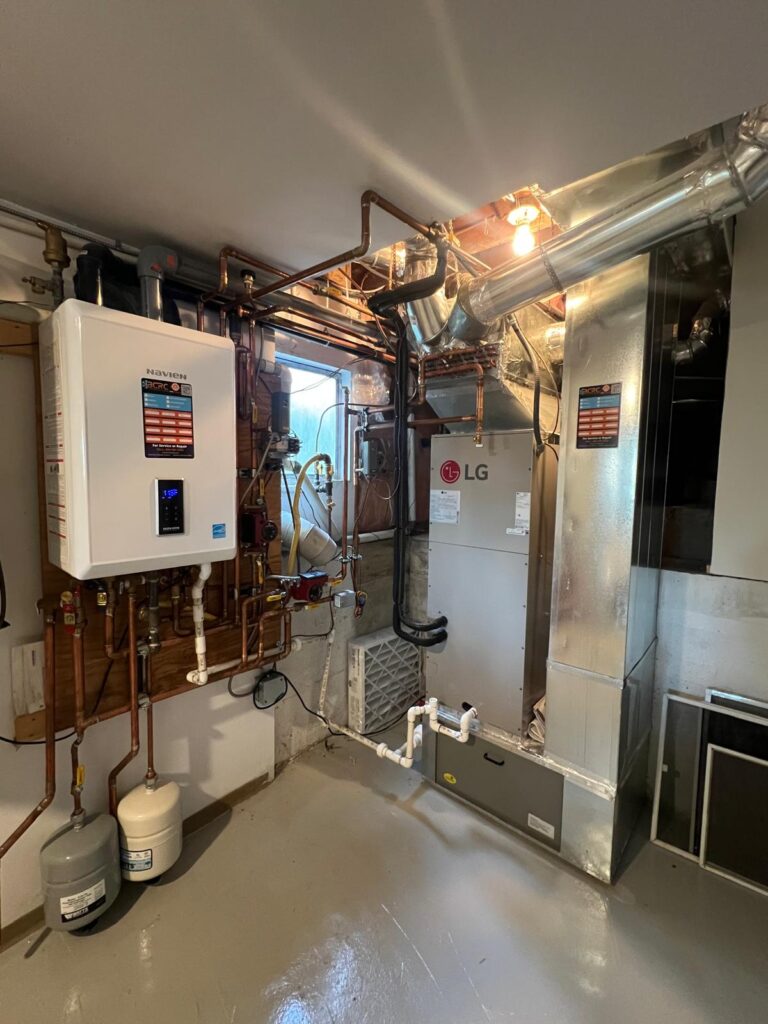
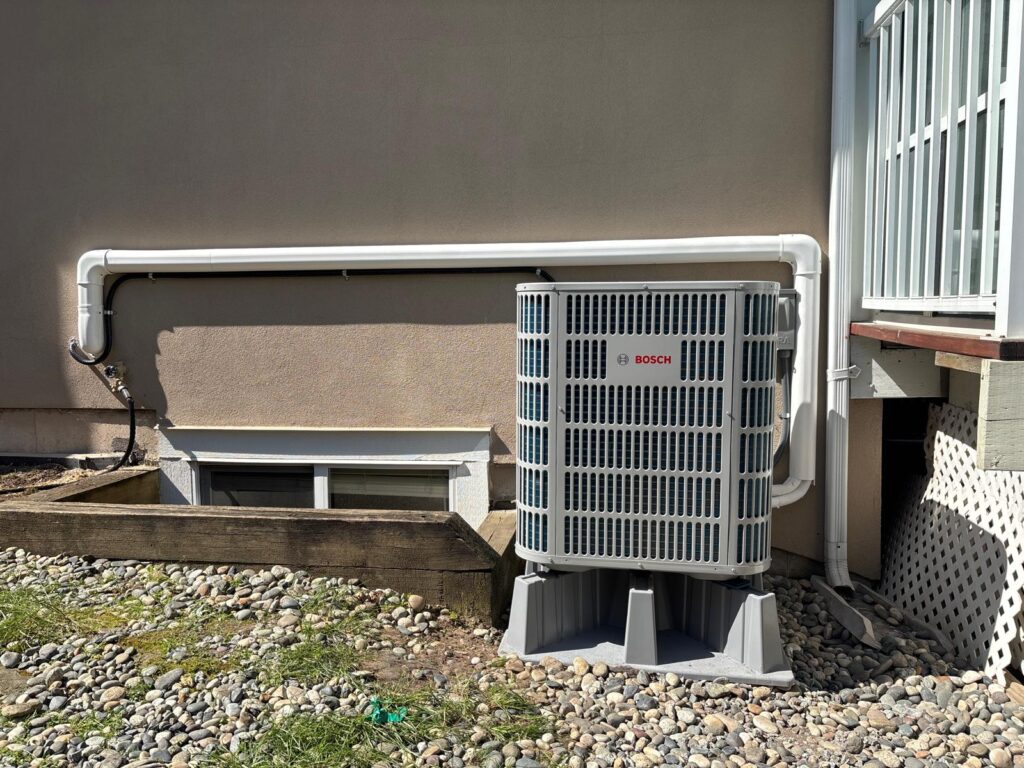
The Best Season to Replace Your Boiler
Timing your upgrade can make the process smoother and more cost-effective. In Vancouver’s mild climate, the optimal time When to Replace Boilers with Heat Pumps is typically late spring through early fall.
Why this timing works best:
Lower heating demand – You won’t risk being without heat during the installation period.
Better installer availability – HVAC companies have more open schedules in the off-season.
Potential cost savings – Some contractors offer seasonal promotions or rebates.
By planning your replacement ahead of the cold season, you ensure a seamless transition and avoid the stress of an emergency mid-winter boiler breakdown.
Comfort and Health Benefits
While efficiency and environmental impact are key factors, comfort is often what homeowners notice first after making the switch.
A major advantage of knowing When to Replace Boilers with Heat Pumps is recognizing that heat pumps provide a different — and often more pleasant — heating experience.
Benefits include:
Even, steady warmth – No more temperature spikes and drops; heat pumps maintain a consistent indoor climate.
Better humidity control – Unlike boilers, heat pumps don’t create excessively dry air in winter.
Cleaner indoor air – When paired with advanced filtration, heat pumps can reduce allergens, dust, and other irritants.
Quieter operation – Modern heat pumps are designed for low-noise performance, reducing household disruptions.
For seniors or individuals with respiratory conditions, these benefits can significantly improve daily comfort and overall health.
Energy Savings Over Time
Another strong reason to determine When to Replace Boilers with Heat Pumps is the potential for substantial energy cost reductions. Although the initial investment in a heat pump system may be higher than replacing your old boiler with another boiler, the ongoing operating costs are typically much lower.
Here’s why:
High efficiency – Heat pumps transfer heat rather than generating it through combustion, making them up to three times more efficient.
Lower fuel costs – You’ll reduce or eliminate your dependence on expensive fossil fuels.
Rebates and incentives – British Columbia offers programs to help offset installation costs.
In many cases, homeowners see 30–50% savings on annual heating bills after making the switch. Over the lifespan of the system, these savings can amount to thousands of dollars.
Choosing the Right Heat Pump
If you’ve decided it’s time, the next step after determining When to Replace Boilers with Heat Pumps is choosing the right system. Options include:
Air-source heat pumps – Ideal for Vancouver’s climate.
Ductless mini-splits – Perfect for homes without existing ductwork.
Ground-source (geothermal) – Higher efficiency but more costly to install.
At BCRC Heating and Cooling, we guide our clients through the selection process, ensuring the chosen system matches the home’s size, budget, and comfort needs.
Professional Installation Matters
No matter how efficient your chosen model is, the benefits of knowing When to Replace Boilers with Heat Pumps can only be realized with expert installation. Poorly installed systems can waste energy, reduce lifespan, and cause performance issues.
Our trained technicians at BCRC Heating and Cooling are experienced in removing old boilers and installing modern heat pumps to maximize efficiency and reliability.
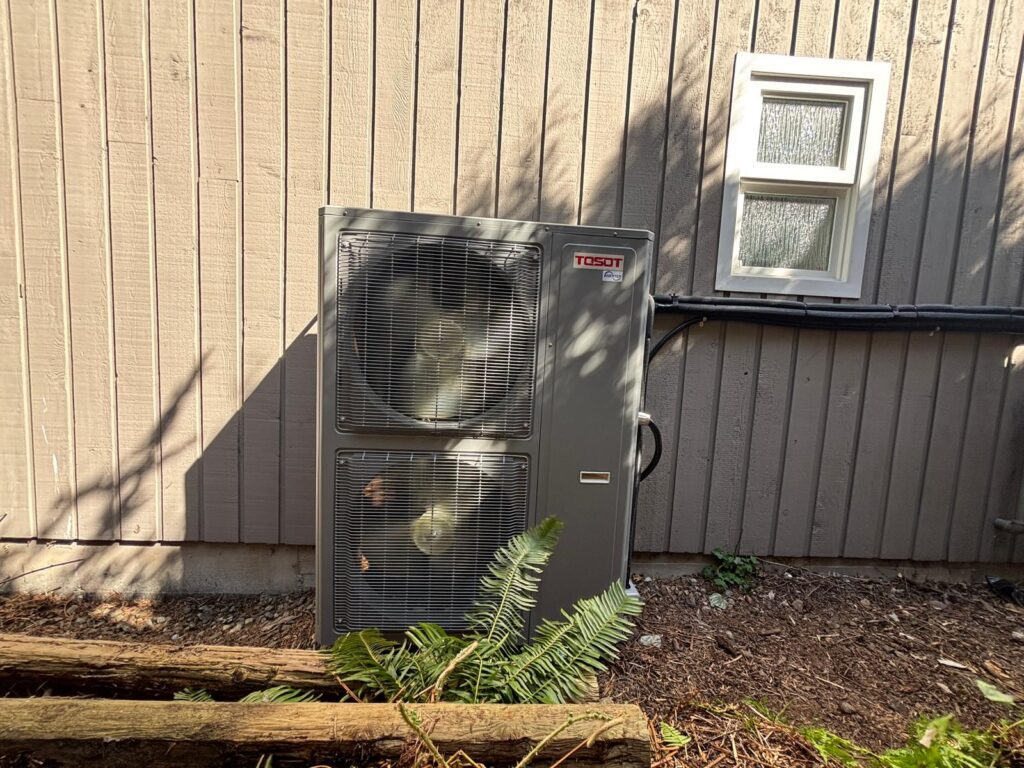
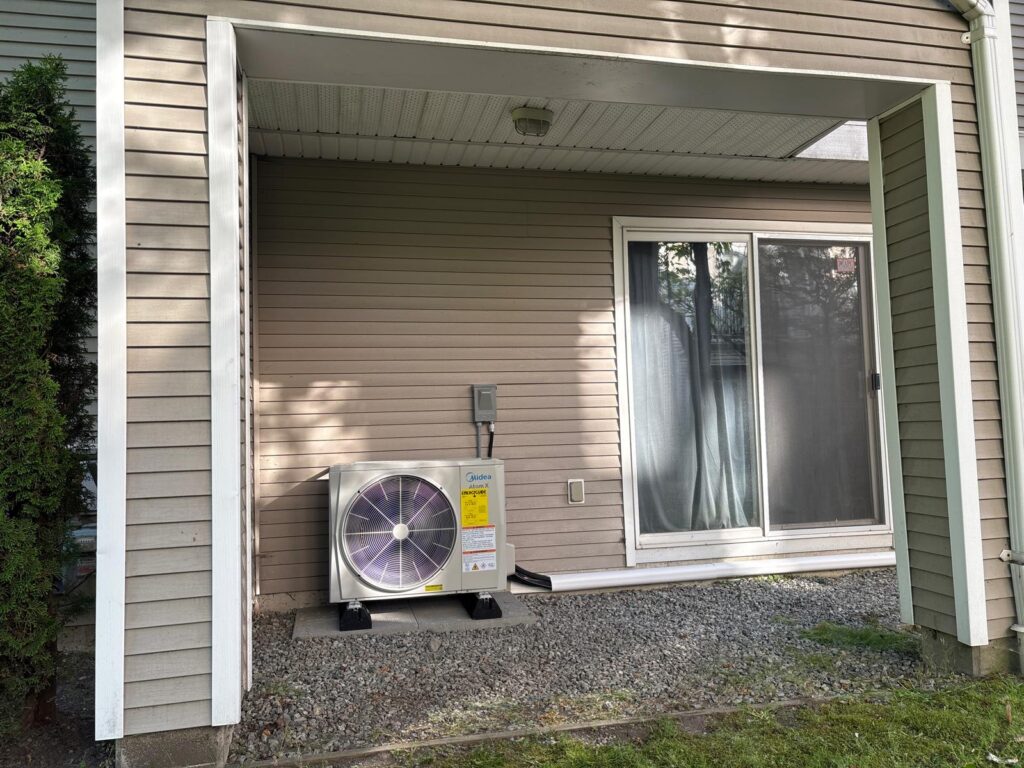
Emergency Expert Heat Pump Service Vancouver
Myths About Replacing Boilers with Heat Pumps
Some homeowners hesitate because of misconceptions about When to Replace Boilers with Heat Pumps:
Myth: Heat pumps don’t work in cold weather.
Truth: Modern heat pumps work efficiently even at sub-zero temperatures, perfect for Vancouver’s mild winters.
Myth: They are too expensive.
Truth: With rebates and energy savings, heat pumps often pay for themselves faster than expected.
Myth: Installation is disruptive.
Truth: Professional teams like ours ensure smooth transitions with minimal downtime.
A Step-by-Step Guide to Replacing Your Boiler
When you’ve decided When to Replace Boilers with Heat Pumps, here’s the general process:
Home assessment – Evaluating your current system, insulation, and layout.
System selection – Choosing the right heat pump model.
Removal of the old boiler – Safely disconnecting and disposing of your existing system.
Heat pump installation – Setting up indoor and outdoor units, ducting (if needed), and controls.
Testing and optimization – Ensuring the system runs at peak efficiency.
Homeowner training – Teaching you how to operate and maintain your new heat pump.
Why Choose BCRC Heating and Cooling
When it comes to When to Replace Boilers with Heat Pumps, experience matters. At BCRC Heating and Cooling, we pride ourselves on:
Local expertise – We know Vancouver’s climate and housing styles.
Friendly service – Especially attentive to seniors’ comfort and safety needs.
Transparent pricing – No surprises, just honest quotes.
Rebate assistance – Helping you secure every available incentive.
The decision about When to Replace Boilers with Heat Pumps ultimately comes down to balancing efficiency, cost, and comfort. For many Vancouver households — especially seniors seeking a safer, more sustainable heating solution — the answer is sooner rather than later.
Don’t wait for your old boiler to fail in the middle of winter. Upgrade to a clean, efficient, and reliable heat pump system today. At BCRC Heating and Cooling, we specialize in helping Vancouver homeowners make the transition smoothly and affordably.
📞 Call us now at 6047817272 to book your free in-home consultation. Let’s find the perfect time for When to Replace Boilers with Heat Pumps in your home — and start enjoying the comfort, savings, and peace of mind you deserve.

